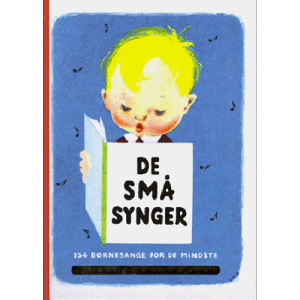I was walking towards my home in Copenhagen the other day, when I walked past a kindergarten. It had a big, open playground with lots things for the kids to climb on, but nobody was climbing. The kids were all gathered around a giant, open bonfire. Now, these kids were 3 to 5 years old, and the flames of the bonfire were probably twice as tall as they were. But there was no restraining fence or barrier to keep them away from it. Just a couple of adults and some pails of water.
Big open fires, which are called bål, are pretty common in Denmark, even around children. Sometimes the kids even roast little pieces of bread over the fire, or rather, a long piece of dough curled around a stick. Snobrød, it’s called. Kids grow up learning not to be afraid of fire. Maybe that’s a legacy of Denmark being such a cold country; fires were once very important to staying alive.
Even at Tivoli in the winter, you’ll see open containers of flaming hot coals – you know, the sort of things you usually see in depictions of Hell in Dante’s Inferno. But at Tivoli Danish parents are carefully showing their children how to warm their little fingers over the hot coals. No fear.

